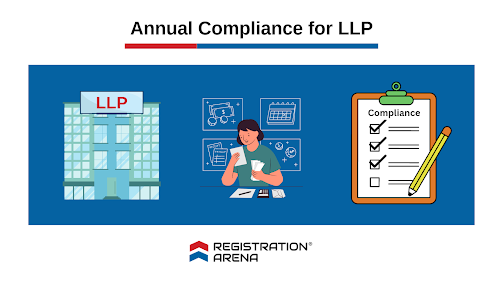How to Choose the Best Business Structure for Your Start-up?

How to Choose the Best Business Structure for Your Start-up? Introduction Selecting the appropriate legal structure for your company is among the most critical choices you will need to make at the outset of your business. Your selection will impact not just your tax payments but also the amount of documentation that your company will need to undertake and your own personal responsibility. Therefore, how can you determine which business structure is best for your new venture? To decide which business structure is suitable for your startup, you need to assess various aspects such as liability, tax implications, incorporation expenses, and ongoing administration and record-keeping requirements. In this blog, we will describe various business structures that you can adopt for your business. Sole Proprietorship The simplest form of business structure is Sole Proprietorship , which typically involves a single individual who owns and runs the business. If you don't establi...











%20logo.png)


